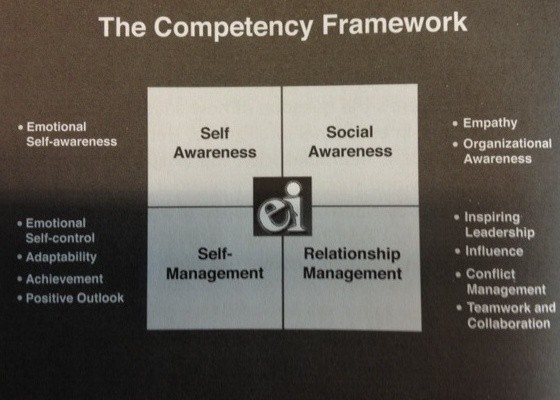Are you ready to tackle the challenges of a new year on campus or to sit at your office desk again?
 Can you imagine that August is already nearly over? I don’t know about you but for me it feels like time is flying faster year after year….
Can you imagine that August is already nearly over? I don’t know about you but for me it feels like time is flying faster year after year….
For many of us, it now means back to work, to school, to university.
In order to start off in a good way, I thought it would be helpful to re-iterate some important facts about interpersonal communications and what you can do to avoid misinterpretation, frustration and problems right from the start.
Daniel Goleman just shared a very good article on this very topic on Linkedin; He says that there are “(…)various ways to impede useful dialogue(…)”, namely “passivity”, “discounting”, “redefining”, “over-detailing” and the so-called “four sentence rule” (a person can only maintain full attention for four sentences).
Of course there are many more factors that can pose barriers to effective communications, such as: differences in assumptions or points of view, misunderstanding of language, cultural differences and emotions.
What you can do about this is no secret but keeps being underestimated, especially as we usually don’t think about the non-verbal component, which plays such a crucial role for ensuring that a message is understood in the right way and a real dialogue can take place.
6 simple tips:
- Communicate in a clear and simple manner: do not spend time and effort to outline every little detail of your thought. Stick to the important parts of the message!
- Communicate using body language to stress what you are actually saying and keep in mind that some cultures might interpret non verbal cues in a different way.
- Laugh about yourself: laughing is very healthy and helps putting everything into the right perspective!
- Listen attentively and with empathy, not only to the words but also to your own body (your feeling): what is it telling you about the message, what remains hidden behind the words? Capture the key points of what is said and respond to these. Focus on the person you are listing to and not on what you would have to say about this topic. Other people might have an interesting opinion as well, so it is definitely worth listening.
- Be open and prepared for negative and positive feedback to what you are saying/the message you are conveying. Constructive feedback is your best bet; it will help you become even more efficient and productive.
- Know why you are communicating and what you want to achieve. Before initiating any communication, ask yourself, “What am I trying to accomplish?” If somebody else is initiating the conversation, ask yourself: “Why is this conversation taking place?” If the answer isn’t obvious, guide the dialogue to the “why” of it!
Well, I guess now you’re all set up for a fresh start, enjoy and looking forward to hearing from you again!
Jenny

 Do you know what VUCA means? No? Well, not so long ago, I didn’t either, rest assured!
Do you know what VUCA means? No? Well, not so long ago, I didn’t either, rest assured!

